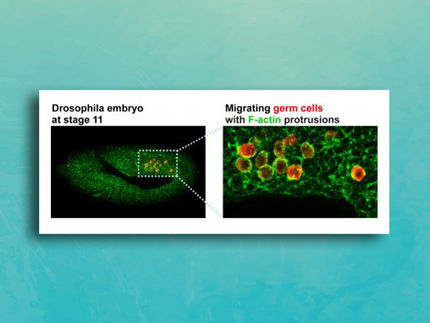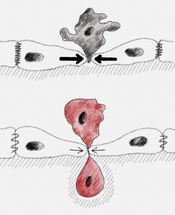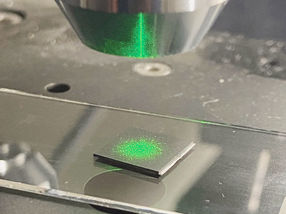Cancer turns out to be a protein aggregation disease
Protein aggregation, generally associated with Alzheimer’s and mad cows disease, turns out to play a significant role in cancer. In a paper published in Nature Chemical Biology, Frederic Rousseau and Joost Schymkowitz, both from VIB, Vrije Universiteit Brussel and K.U.Leuven describe that certain mutations of p53, an important tumor suppressor, cause the protein to misfold in a way that the proteins start to aggregate. This not only disrupts the protective function of normal p53, but of other related proteins as well.
p53 plays a central role in protection against cancer
In the study, the focus was on the p53 protein which plays a key role in protecting the body against cancer. If p53 works normally, it controls cell division. If p53 control ceases - e.g. when there is a mutation in the protein - the cells start to divide in an uncontrolled manner and this may result in a tumor. Mutations in p53 are observed in about half of cancer cases, making the protein an important target in the development of new cancer therapies.
Mutated p53 aggregates
“We have revealed a new mechanism for the action of mutant p53,” Jie Xu of VIB and K.U. Leuven says. “Mutations in p53 cause the protein to lose its protective function. The proteins change in shape, hook into each other and begin to aggregate. The active p53 disappears from the cell and can no longer carry out its control function properly." The mechanism has been encountered in about one third of p53 mutations.
Complete switch of character
Moreover, the mutations cause p53 to assume a completely different character. From being a protective factor, the mutated p53 changes into a substance which in fact speeds up tumor growth. It seems to form aggregates with control substances (p63 and p73) in the cell, causing them to lose their function as well.
Other proteins underlying cancer and Alzheimer
Even though the underlying principle – protein aggregation - occurs similarly in particular cancers, Alzheimer and systemic amyloidosis, the diseases are otherwise totally unconnected with each other. In cancer, the clustering of p53 protein leads to uncontrolled cell growth. In Alzheimer, clustering of the beta-amyloid protein causes brain cells to die off.
Original publication
Jie Xu et al, "Gain of function of mutant p53 by coaggregation with multiple tumor suppressors,"; Nature Chemical Biology
Most read news
Original publication
Jie Xu et al, "Gain of function of mutant p53 by coaggregation with multiple tumor suppressors,"; Nature Chemical Biology
Organizations
Other news from the department science

Get the life science industry in your inbox
By submitting this form you agree that LUMITOS AG will send you the newsletter(s) selected above by email. Your data will not be passed on to third parties. Your data will be stored and processed in accordance with our data protection regulations. LUMITOS may contact you by email for the purpose of advertising or market and opinion surveys. You can revoke your consent at any time without giving reasons to LUMITOS AG, Ernst-Augustin-Str. 2, 12489 Berlin, Germany or by e-mail at revoke@lumitos.com with effect for the future. In addition, each email contains a link to unsubscribe from the corresponding newsletter.





















































